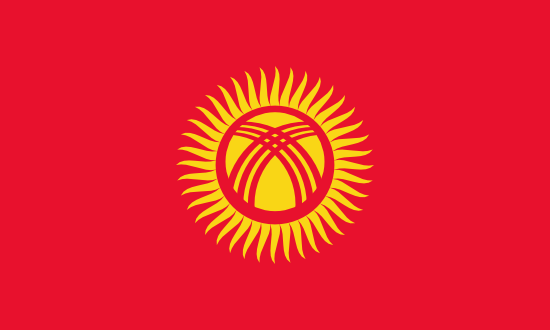
Health Insurance in Kyrgyzstan, Asia
Information expatriation
Capital City: Bishkek
Total area: 199,900 km2
Population: 5,317,000
Money: Currency Converter
Time Zone: List of time Zones by Country
Calling Code: +996 XXX
Practical Information:
Health Product: Travel Insurance and Health insurance
Health Insurance information and Sanitary Risk: World Health Map
BLOG: Expat Health insurance Information
Here is a brief description of the healthcare system in the country:
· Kyrgyzstan has a universal healthcare system intended to provide coverage for all residents through public facilities and insurance programs.
· However, it remains underdeveloped and underfunded due to economic conditions following the Soviet era.
· The system includes primary care polyclinics, rural health centers, and district and regional hospitals of varying quality.
· Healthcare is nominally provided at little to no direct cost but the system suffers from medical staff shortages, outdated infrastructure and low salaries.
· Less than 3% of GDP is spent on healthcare annually. Significant resources come from international donors.
· Common issues include infectious diseases, maternal/child mortality, non-communicable diseases and limited specialized/preventative care.
· Private healthcare plays a growing role but remains unaffordable for many. International medical evacuation is often required.
Here are some key health considerations for expatriates living in the country:
· Purchase comprehensive international medical evacuation insurance, as advanced care is often not available locally. This should be a top priority.
· Consider registering with higher-quality private clinics in Bishkek for primary care if an option.
· Bring needed supplies of prescription medications, as availability is limited, especially outside major cities.
· Get routine vaccines plus others required like Hep A/TYPHOID due to sanitation risks.
· Monitor for infectious diseases - malaria transmission occurs near Uzbekistan border.
· Have detailed evacuation plans involving your employer for international facilities if required.
· Address any chronic conditions through medical checks on arrival to understand local coverage.
· English, Russian commonly spoken in cities but learn basic medical Kyrgyz for communication in rural areas.
· Standards may deteriorate further from cities - advanced planning helps mitigate health risks given infrastructure limitations across the country. Comprehensive insurance is essential.
